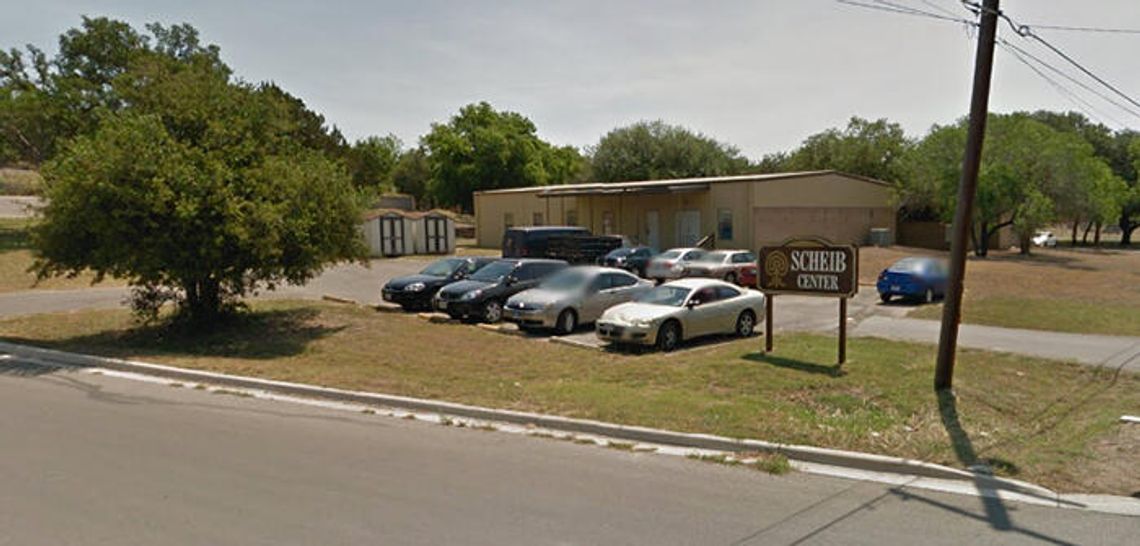Despite the fact that one in five Americans will be impacted by mental illness in their lifetime, Hays County residents are underserved when it comes to mental health resources.
According to the Seton Medical Center’s 2016 Hays Community Health Needs Assessment, Hays County only has 86 providers per 100,000 population. The figure is less than the 96.7 Texas average for providers, and the 189 national average.
This lack of resources negatively impacts residents without medical insurance and who are below the poverty line, according to the assessment.
The uninsured rate in Hays County is 18.9 percent, which is lower than the state average of 24.3 percent but higher than the U.S. average of 16 percent.
Poverty is also a concern in Hays County, where income inequality is higher than state and national averages.
According to the assessment report, hospital emergency rooms, law enforcement and school counselors are the primary responders to mental health crisis situations.
Preventive mental health services, especially for children, are limited, and available psychiatric services fill up quickly.
The emergency room is often used to care for patients until a bed becomes available in an appropriate facility.
According to the assessment, the community is concerned about services for senior citizens with dementia and Alzheimer’s disease.
One facility that treats senior citizens is Oceans Behavioral Hospital in San Marcos. The 24-bed facility, which just opened in 2015, provides treatment for senior citizens with depression, hallucinations or inability to manage daily activities.
The Hill Country Mental Health and Developmental Disabilities Center, based in Kerville and with a location in New Braunfels, has a partnership with the Scheib Center in San Marcos.
Hill Country MHDD also has two clinics offering services, one in Kyle and one in Wimberley.
The Scheib Center was founded in 1971 to provide services to people with mental illnesses and developmental disabilities.
Over the last few years, the number of individuals receiving services through Scheib has increased about 30 percent. In 2015, the center served nearly 3,000 people, most of whom had an annual family income of less than $15,000.
The Scheib provides services to those who may not have insurance or means to pay.
Patients who are employed pay a sliding-scale fee based on income, while those are unemployed must provide a letter of support from whomever is financially supporting them. The center accepts Medicare, Medicaid and some private insurances.
The facilities and services at the Scheib Center are partially funded by federal grants and Medicaid. However, the funding is limited and shrinking as demand for services is growing exponentially.
Patients receive treatments for mental illnesses, including major depressive disorder, bipolar disorder, and schizophrenia. Patients can see psychiatrists, receive medications and counseling services, and attend support groups.










